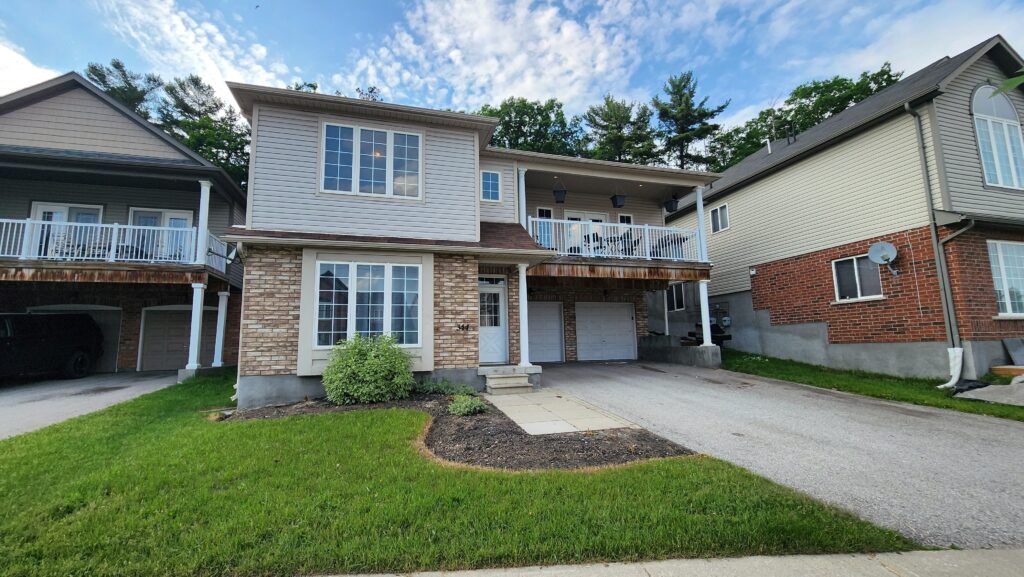When purchasing a new home, you are not just negotiating a price and possession date, you are also negotiating for the chattels and fixtures you would like included and excluded in the contract. Let’s take a closer look at what you should know with regard to chattels and fixtures.
A buyer cannot refuse to close a real estate deal if an appliance is not working, or if there is minor damages on the property, unless the contract says so. Having said this it is wise to seek advise from a knowledgeable real estate agent to help write a contract that would protect you if something like this were to happen.
Sometimes a buyer can write in a ” Hold Back Clause ” that will allow the buyer to hold back money to complete any repairs or to ensure that the chattels and fixtures will be in good working order. It is tough to get a seller to agree to these terms as sometimes buyers will say they aren’t satisfied with the repairs and the hold back money cannot be released to anyone. In certain situations this can be a useful clause but it is not widely used in the traditional real estate transaction.
The best way to approach damage or repair issues before closing is to get an estimate and then have your lawyer send that estimate to the sellers lawyer. Try to settle this before closing to avoid having to take this matter to small claims court.
So, what if your oven breaks down 2 days after closing? Unfortunately, the way most contracts are written you would be out of luck and responsible for the fix. Most contracts will state that the chattels and fixtures included in the agreement will be in good working order up until the date of closing. There are ways you can protect yourself by purchasing after sale insurance protection to cover your home systems and appliances.
The little things matter when dealing with chattels and fixtures. If the seller is taking a chandelier , make sure you write in that they are required to replace it with a standard light fixture. If the seller is removing a TV wall mount bracket , make sure they are required to fill in any holes that were created. Always ask for two full sets of keys, garage door remotes and mail box keys.
When you work with someone that understands the rules about chattels and fixtures you can properly protect yourself and should be able to minimize any problems that could arise after closing.
Thanks to Mark Weisleder who wrote an article that helped me write this months newsletter. For more articles or for more info regarding Mark’s law practice, check out www.markweisleder.com.



